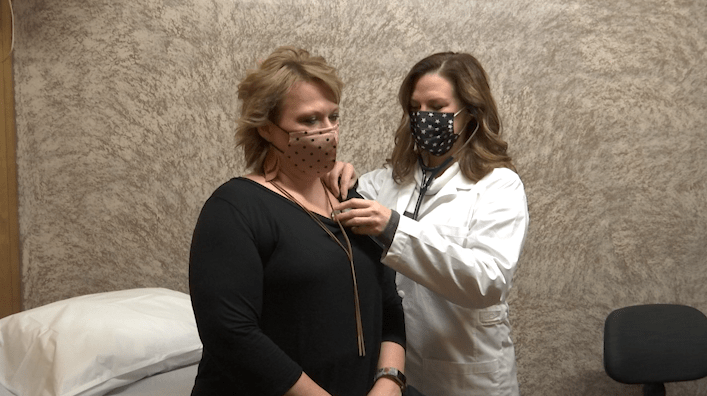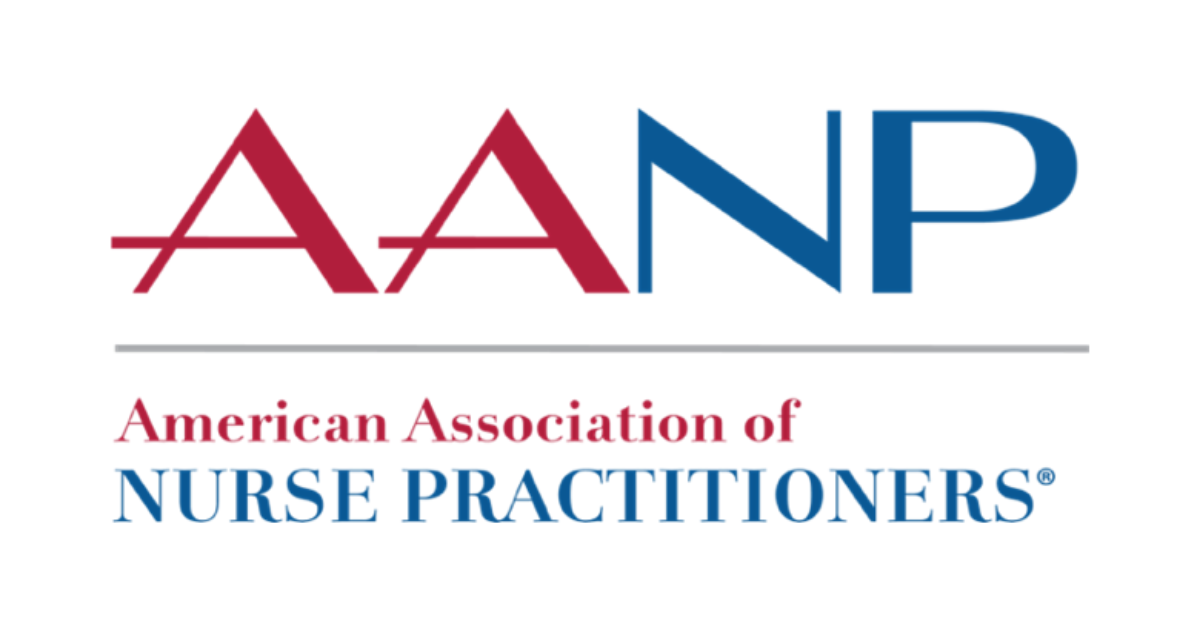PAs in North Dakota with 4000 hrs of practice may now be independent providers and open their own clinics.
Back in April, KX News reported on two physician assistants in Ray and Bowbells that were terminated without cause. Their absence left both communities without medical providers for months …
www.kxnet.com
Just in time for everyone in the medical world to be getting out of being a mom and pop shop.
No, that’s actually pretty cool, particularly for the area they are in that is underserved, and was left without a single provider when those two got fired for rocking the boat where they were at before.
Problem is that they still had to go to the state board of medicine and petition to be able to open up a shop on their own. NPs do not. Here’s a map of independent practice states for NPs, and it doesn’t include states like Virginia, Illinois, California, and Florida that have added independent practice for NPs after certain conditions of tenure:
It’s essential that NPs and policy makers have a clear understanding of how their state laws and regulations impact their practice. AANP’s interactive State Practice Environment map provides an overview of NP licensure for all 50 states, Washington, D.C. and U.S. territories. For details about the…

www.aanp.org
You’ll notice that even in those states that have independence after conditions of tenure, the AANP doesn’t stop with that, or consider that satisfactory. They come back the next year to work until full independent practice is obtained. My point with this is to communicate to folks that they should know what they are getting into when they pursue a career as a PA vs an NP. There are forums out there where there are a bunch of disgruntled PAs (both students and very seasoned PAs) that act shocked, and lash out at NPs regularly for their station in life as independent providers, while PAs lack that. It’s to the point now that PAs want to change the official name of their profession to mimick NPs by calling themselves “Medical Care Practitioners”, in hopes that they can just shorten it to “MPs” and sound like “NPs”. So if you are on the fence, and want to practice independently, one should know what the landscape is like at this moment before you invest tens to hundreds of thousands of dollars to pursue PA education. Unless you want to practice in South Dakota, have over 4000 hours of tenure, and request permission from the physicians on the South Dakota Board of Medicine to open your own clinic in a place where there are no other medical providers, you’ll be practicing under the supervision of a physician. NPs there can practice on their own the moment they graduate and get their papers filed with the Board of Nursing. If that doesn’t harsh your buzz for being a PA, and you can handle that, go for it. If you have dreams of being working for yourself, you’ll need to look elsewhere. Those two PAs in that article are probably going to be lucky to just break even in less than 3 years. Any PA looking to open a derm practice in downtown Fargo, Bismarck, or Grand Forks will be promptly denied by the Board of Medicine. Right now, those two PAs are practicing where literally nobody else is practicing, even NPs. They want to run psyche services to keep the lights on, but an enterprising PMHNP will establish telepsyche there and get that off the table.
I’m not saying that what they are doing is anything other than noble, but it’s not repeatable for the thousands of new PAs who will hit practice each year. Know what you are waking into as a Pre PA, and you’ll be satisfied with your career choice. Don’t operate simply off of what you wish to walk into.
The best thing I’ve done in my professional life was choose to become an NP vs PA, and I did it based on knowing the terrain. That’s not to say that PA isn’t a great career, or that you can’t have an awesome experience as a PA, but you have to know what advantages and disadvantages either advanced practice provider role carries with it. In some places, NPs are screwed, and they practice at the same level of independence as PAs do, and it wouldn’t matter much what you were (PA or NP). But the PA forums are filled with folks that are shocked that the profession that they are in is the same profession that they signed up for, and it doesn’t make them happy because they felt like it would be something else altogether.




